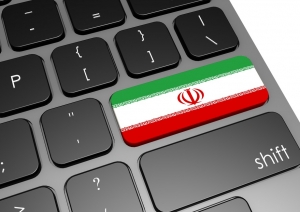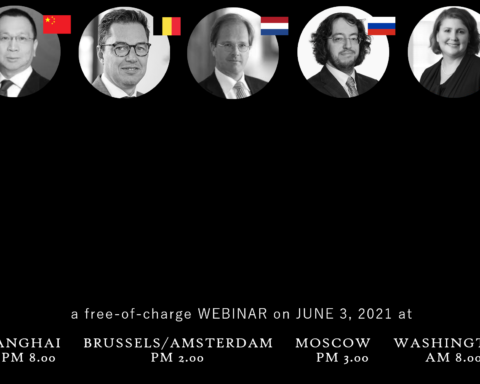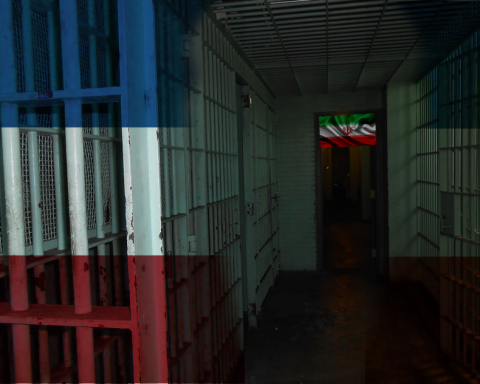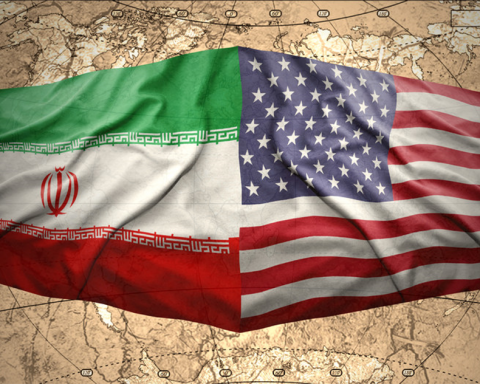
Among the provisions of the Joint Comprehensive Plan of Action (JCPOA), one that has been touted by the United States as a key provision and which received much attention is the “snapback” provision. Set forth in Article 37 of the JCPOA, the snapback provision is part of the dispute resolution mechanism set forth in the document. It provides the basis for the re-imposition of sanctions against Iran if Iran fails to meet its commitments under the JCPOA.
By Megan Gajewski Barnhill and Bert Gevers, 7 June 2016.
The snapback provision is triggered when any one of the P5+1 states provides notice to the UN Security Council that it believes that Iran is not fulfilling its commitments under the JCPOA. The notice to the UN must describe the good-faith efforts the state made to exhaust the dispute resolution process set forth in Article 36 of the JCPOA. The notice to the UN triggers a resolution by the UN Security Council to continue the sanctions lifting and not to re-impose the sanctions. If the resolution is not adopted within 30 days of the notification, then the provisions of the old UN Security Council resolutions would be re-imposed, unless the UN Security Council decides otherwise.
Structuring the snapback provision this way is intended to prevent any one member of the Security Council from blocking the re-imposition of sanctions against Iran. Instead, all members of the Security Council would have to vote not to re-impose such sanctions.
The risk, of course, under the snapback provision is that a business could enter into legitimate contracts or otherwise engage in legitimate activities while the sanctions are lifted and then be required to cease such activities if the snapback provision is triggered. Companies engaging in such business should consider this possibility when entering into contracts by including adequate clauses regarding termination or repayment or otherwise agreeing to engage in activities for a specific term.
While the U.S. Government has indicated that it has committed not to retroactively impose sanctions for legitimate activities undertaken after Implementation Day, a snapback would mean that sanctions could be re-imposed as of the date of the snapback. This could mean that business activities would need to cease immediately. This could prevent payment for products or services rendered or from delivery of products or services for which payment has been received. Further, it is unclear how much notice would be provided in advance of any such snapback or whether (or for how long) any wind-down period would be permitted in the event of a snapback.
The reintroduction of the EU sanctions also will not apply with retroactive effect in the EU. The 7th preliminary consideration of EU Regulation 2015/1861 states in this respect that adequate protection will be provided for the execution of contracts concluded in accordance with the JCPOA while sanctions relief was in force. According to the guidelines of the EU (“Information Note on EU sanctions to be lifted under the Joint Comprehensive Plan of Action” of 23 January 2016), this protection will be limited in time, enough to allow companies to wind down their activities in Iran and/or with Iran counterparties. In case of a snap back, the exact timeframe of the grace period would then be specified in the legal act re-establishing the EU sanctions. No further guidance concerning this winding down period or the extent of the protection is currently provided by the EU.
Note that this tolerance only relates to the execution of contracts concluded before the re-imposition of the sanctions for a limited period in time. Contracts fully executed before the snap-back will not be affected as it is a general rule of law that nobody can be penalised for an act that was legal at the time it was committed. However, activities undertaken pursuant to such executed contracts after the snapback could be affected.
One may feel comfort in the remote likelihood of the re-imposition of the sanctions. Nevertheless, the inclusion of adequate clauses when contracting with Iranian counterparties seems to be the absolute minimum of legal protection in case of a snapback. Moreover it is questionable whether the reinstatement of the snapback sanctions would qualify as a force majeure event.
Co-authors of this post are:
- 90-Day Wind Down Period Expires; First Wave of US Secondary Sanctions Against Iran Re-Imposed - August 21, 2018
- Export Control Considerations: Beyond the Authorization - December 8, 2017
- Trump Administration Unveils Strategy on Iran - October 19, 2017










